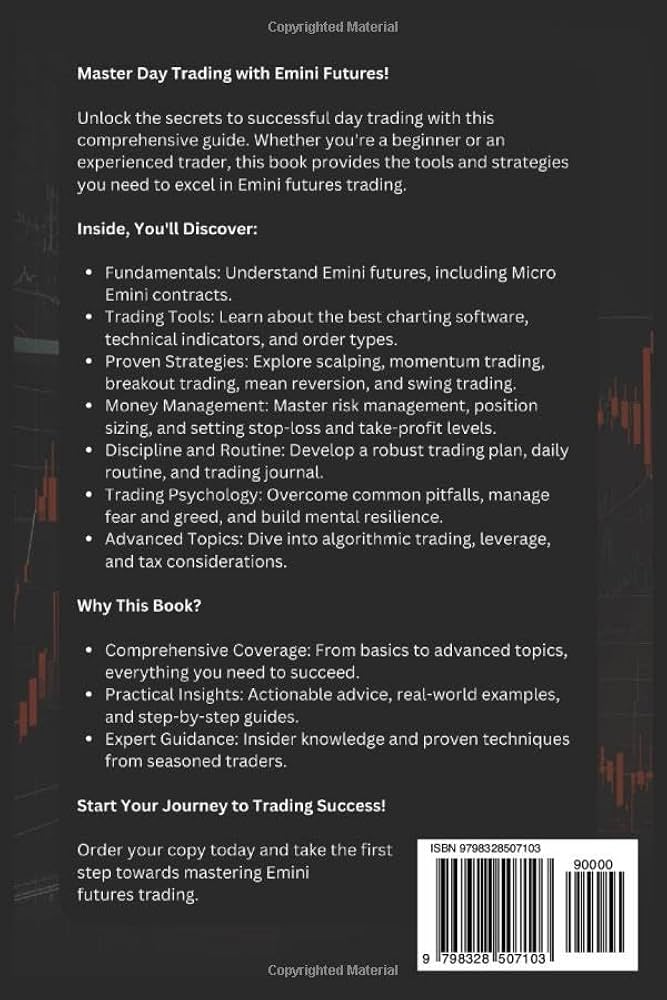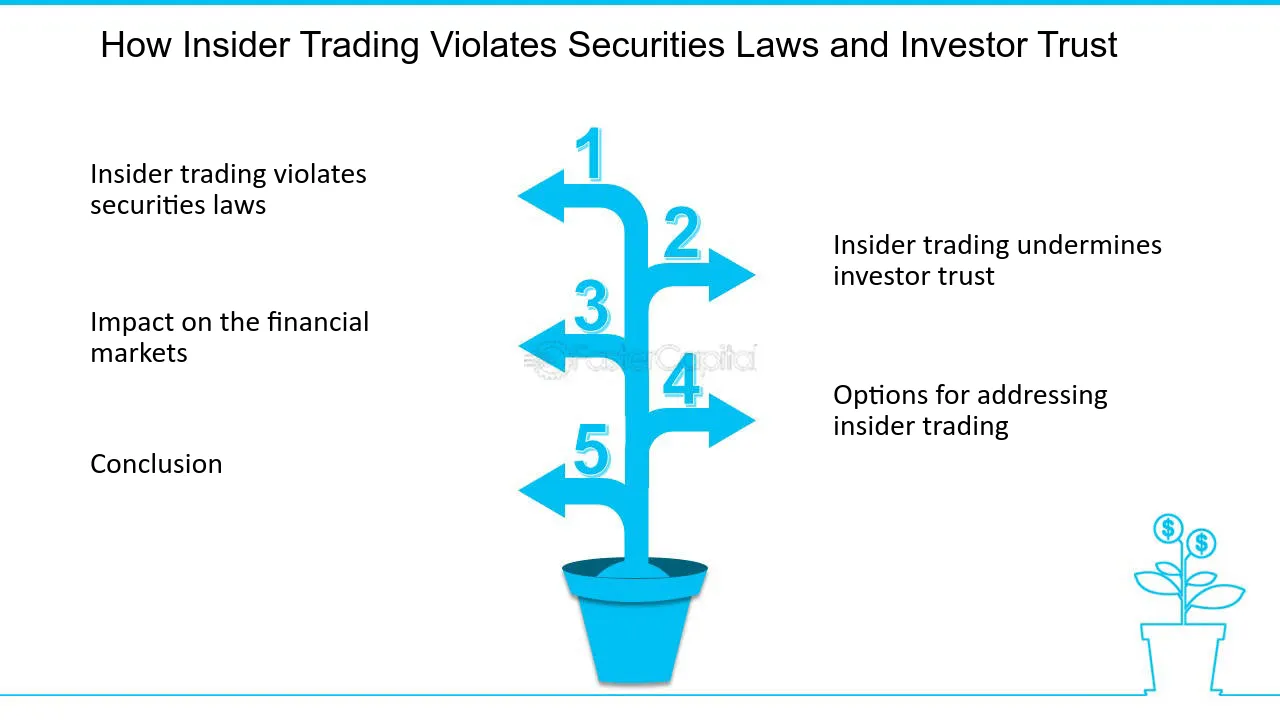Did you know that insider trading is often considered the Wall Street equivalent of cheating at Monopoly? In the world of day trading, insider trading raises significant ethical concerns and impacts market fairness. This article delves into the definition of insider trading, its unethical nature, and the legal repercussions involved. We’ll explore how insider trading affects stock prices and investor trust, the role of corporate insiders, and the common signs that regulators look for. Additionally, we’ll discuss how day traders can steer clear of illegal practices and the moral arguments against such actions. Join us as we unpack these crucial aspects, brought to you by DayTradingBusiness, to ensure you navigate the trading landscape ethically and effectively.
What is insider trading in day trading?
Insider trading in day trading is when someone uses non-public, confidential information about a company to buy or sell its stock for quick profits. It’s illegal because it gives an unfair advantage and can manipulate markets. Traders with insider info can make risky moves based on secrets that regular investors can’t access.
Why is insider trading considered unethical?
Insider trading is unethical because it gives traders unfair advantage by using confidential information, undermining market fairness. It breaches trust, harms investors who play by the rules, and can distort stock prices. It’s considered a form of fraud that damages the integrity of financial markets.
How does insider trading affect market fairness?
Insider trading undermines market fairness by giving insiders an unfair advantage, skewing prices, and eroding investor trust. It creates an uneven playing field where only those with access to confidential information profit, discouraging honest participation. This manipulation damages the integrity of day trading and the overall financial system.
What legal penalties exist for insider trading?
Legal penalties for insider trading include hefty fines, imprisonment up to 20 years, disgorgement of profits, and bans from trading securities.
Can day traders legally use insider information?
No, day traders cannot legally use insider information. It’s illegal and considered securities fraud to trade based on non-public, material information.
How do regulators detect insider trading activities?
Regulators detect insider trading through surveillance of suspicious trading patterns, analyzing large or unusual trades before news releases, and monitoring communication channels for leaks. They also use tip-offs, data analytics, and subpoena financial records to find evidence of illegal information sharing.
What are common signs of insider trading in day trading?

Common signs of insider trading in day trading include sudden, unexplained price jumps or drops before news hits the public, unusually high trading volumes on specific stocks, and trades that seem perfectly timed with confidential information. If a trader consistently profits from information not available to the public, that’s a red flag. Also, rapid buying or selling right before major corporate announcements can indicate insider knowledge. Watching for patterns where trades seem coordinated with non-public news is another sign.
How does insider trading impact stock prices?
Insider trading causes stock prices to spike or drop suddenly, based on confidential information. It creates unfair advantages, leading to misleading market signals. When insiders trade, it erodes trust, making investors hesitant and increasing volatility. Overall, it distorts true stock value and damages market integrity.
Why do some traders engage in insider trading?
Some traders engage in insider trading to gain illegal access to confidential information that can quickly boost profits. They seek an unfair edge over others, hoping to capitalize on non-public company details. The promise of fast, substantial gains motivates them despite the legal and ethical risks.
What are the moral arguments against insider trading?
Insider trading is unethical because it creates an uneven playing field, giving insiders an unfair advantage over regular investors. It violates principles of fairness and honesty in markets, eroding trust. It harms market integrity by undermining the idea that stock prices reflect true information, leading to manipulation. Insider trading can damage investor confidence, discouraging people from participating honestly. It also exploits confidential information, breaching moral duties to shareholders and the public.
How can day traders avoid illegal practices?
Day traders avoid illegal insider trading by never using non-public, material information to make trades. They stick to publicly available data, charts, and news. They follow strict ethical standards and comply with securities laws. Using licensed news sources and avoiding tips from insiders keeps them on the right side of the law. Staying transparent and honest in trading decisions prevents legal issues.
What role do corporate insiders play in insider trading?
Corporate insiders have access to non-public, material information about their company. They can use this knowledge to buy or sell stock before the information becomes public, which is insider trading. Their role is pivotal because they hold privileged information that can give them an unfair advantage, making their trades potentially illegal and unethical.
How does insider trading influence investor trust?

Insider trading erodes investor trust because it creates an unfair advantage, making markets seem rigged. When investors suspect some gain insider info, they lose confidence in market fairness and transparency. This distrust discourages participation, harming overall market stability. It also damages the reputation of financial institutions and regulatory bodies, fueling skepticism about justice and equality in trading.
Are there any legitimate reasons for insider information?
No, there are no legitimate reasons for insider information in day trading. Using non-public information gives unfair advantage and is illegal. Ethical trading relies on publicly available data and analysis. Insider info undermines market integrity and harms other traders.
How can regulators better prevent insider trading?
Regulators can improve insider trading prevention by increasing surveillance of suspicious trading patterns, expanding insider trading laws to cover new digital communication channels, and implementing real-time monitoring systems for large, unexplained trades. They should also strengthen whistleblower protections to encourage insiders to report violations and conduct more frequent, targeted investigations based on market anomalies. Regularly updating regulations to keep pace with technological advances and tightening penalties for violations also dissuade potential offenders.
What are the consequences of insider trading for the market?
Insider trading undermines market integrity by creating an uneven playing field, eroding investor trust. It can cause stock prices to fluctuate artificially, leading to misinformed investment decisions. This illegal activity discourages genuine market participation and can trigger regulatory crackdowns, increasing volatility. Overall, insider trading damages market transparency, reduces confidence, and can lead to legal penalties for those involved.
Conclusion about The Ethics of Insider Trading in Day Trading
In conclusion, insider trading undermines the integrity of financial markets, leading to unfair advantages and a loss of investor trust. It is essential for day traders to adhere to ethical practices and understand the legal ramifications associated with insider information. By fostering transparency and fairness, traders can contribute to a more equitable trading environment. At DayTradingBusiness, we emphasize the importance of ethical trading practices to ensure long-term success and market integrity.
Learn about Preventive Measures Against Insider Trading for Day Traders